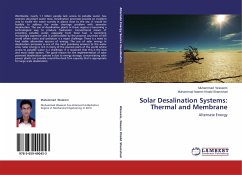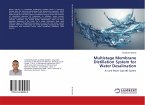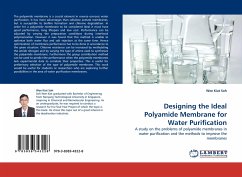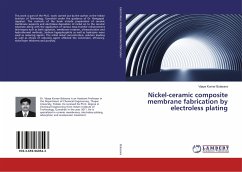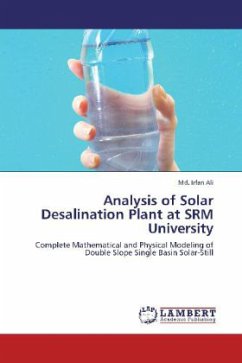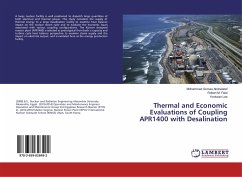Worldwide, nearly 1.1 billion people lack access to potable water. Sea restrains abundant water mass. Desalination processes provide an excellent way to tackle the water scarcity in places close to the sea. It would be feasible to address the water shortage problem with seawater desalination. The use of desalination plants in these regions is becoming a technological way to produce freshwater. Conventional means of providing potable water, especially from fossil fuel, is becoming increasingly expensive and is unaffordable by the poorest countries of the world where water and sanitation is a major challenge. There is a need to find viable alternative sources of energy. The use of solar energy in desalination processes is one of the most promising answers to the water crisis. Solar energy is rich in many of the poorest parts of the world where access to potable water is a challenge; it is reasoned that this is the best and most viable option. The good reason for the implementation of solar powered desalination systems is due to energy storage; concentrating solar power plants can provide round-the-clock firm capacity that is appropriate for large scale desalination.
Bitte wählen Sie Ihr Anliegen aus.
Rechnungen
Retourenschein anfordern
Bestellstatus
Storno

